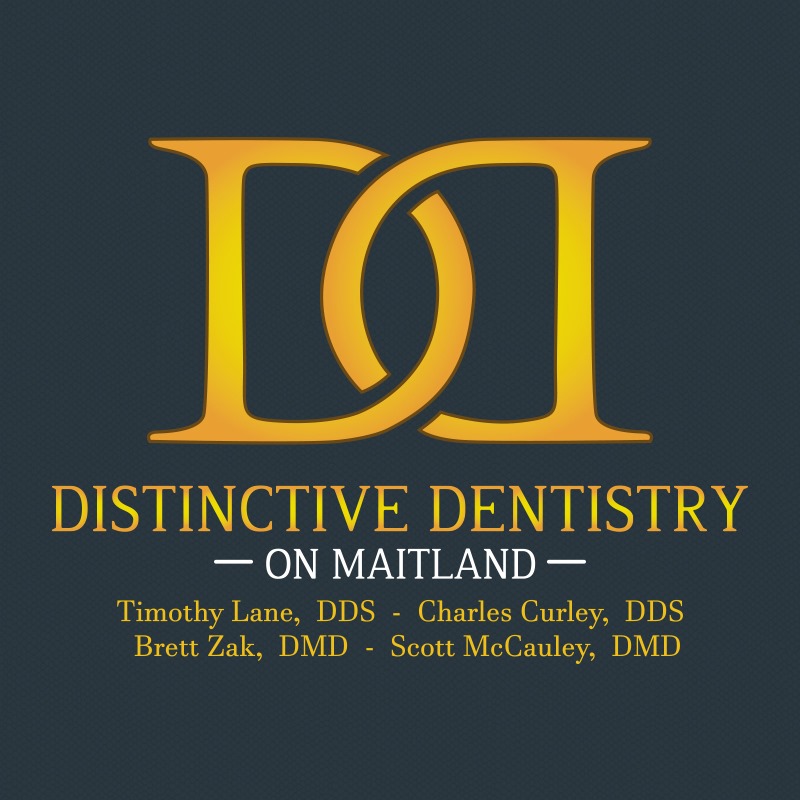CAN YOU PUT YOUR KNOCKED-OUT TOOTH BACK IN BY YOURSELF?
Posted by Distinctive Dentistry on Maitland Apr 25,2022

Around 5 million people get a knocked-out tooth each year, according to the American Association of Endodontists. If this is something you’ve experienced, then you should definitely seek emergency dental care as soon as you can! But is it possible to put it back in on your own while you wait for your visit? Read on to learn when it’s safe to place it in its socket and how to safely do so.
Step #1: Handle the Tooth Gently
As soon as it’s been knocked-out, make sure to find and pick up your tooth by its crown. Touching or handling it by the roots can risk causing it further damage, which can lower your chances of successfully reattaching it. Once you have it, try gently rinsing off any dirt or debris with water. Avoid scrubbing it, using soap, or drying it off, as your teeth are meant to remain moist. The best way to do this is to try putting it back in your mouth.
Step #2: Carefully Put It Back In Its Socket
Only replace your knocked-out tooth if it’s completely intact. If it is, then carefully push it back in its socket, using your finger or other teeth to keep it in place. Should you be unable to return it, you’ll have to preserve its moisture in another way. You can easily soak your tooth in milk within a Ziploc bag or use an OTC emergency kit from your local pharmacy. You might also keep it moist by holding it in your mouth beside your cheeks. As long as you don’t place it in water!
Step #3: Visit Your Dentist Right Away
While you’re preserving your tooth, someone can notify your dentist of your situation to schedule an emergency visit. You’ll want to get it treated swiftly, as your teeth aren’t meant to be outside your mouth for more than thirty minutes. Once you arrive at the dental office, your doctor will examine the rest of your mouth to make sure there isn’t additional damage to your other teeth. Then they’ll work to replace your tooth.
Since a number of people lose a tooth yearly, it’s a quite common occurrence. Fortunately, you should now be well-prepared to take the appropriate actions to protect your pearly white in the future!
About the Author
Dr. Charles E. Curley earned his dental degree from the University of Maryland at Baltimore College of Dental Surgery. He’s also a proud member of the American and Florida Dental Association, and the Dental Society of Greater Orlando. With his expert team, he provides a wide collection of outstanding and comprehensive dental treatments, including emergency dentistry. If you have a knocked-out tooth and need to schedule an appointment, don’t hesitate to visit our website or call (407) 830-9800.
More Blog Posts
Office Hours
MON - TUE7:00 am - 3:00 pm
WED7:00 am - 5:00 pm
THU7:00 am - 3:00 pm
FRI8:00 am - 12:00 pm
SAT - SUNClosed










